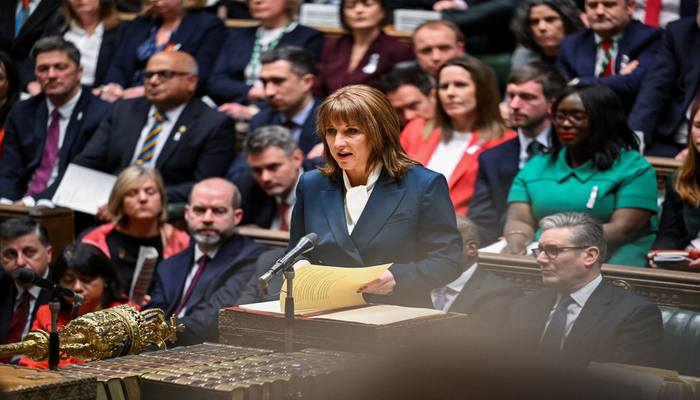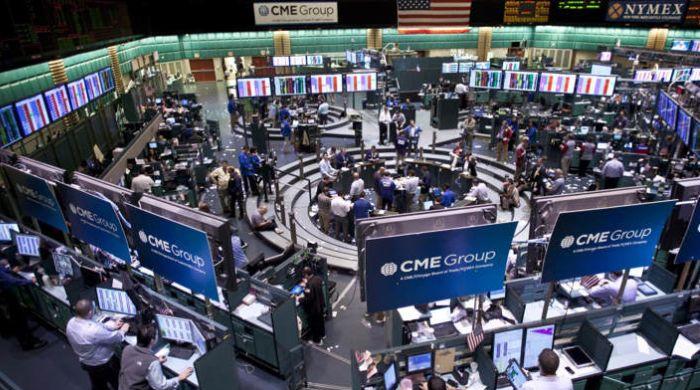UK budget 2025-26: Updated income tax rates in Scotland
Under UK's budget for tax year 2025-26, Scotland residents earning over £125,140 will not receive Personal Allowance
November 28, 2025

British Chancellor of the Exchequer Rachel Reeves delivers the budget statement at the House of Commons, in London, Britain, November 26, 2025. — Reuters
Chancellor of the Exchequer Rachel Reeves announced the UK budget for 2025-26, wherein Scottish residents are subject to Scottish Income Tax, applied to wages, pensions, and most other taxable income.
For the 2025-2026 tax year, the Scottish Income Tax rates will remain in line with current bands, considering a standard Personal Allowance of £12,570.
The noteworthy detail is that individuals earning over £125,140 will not receive a Personal Allowance.
Current income tax rates in Scotland
| Taxable income | Scottish tax rate | |
| Personal Allowance | Up to £12,570 | 0% |
| Starter rate | £12,571 to £15,397 | 19% |
| Basic rate | £15,398 to £27,491 | 20% |
| Intermediate rate | £27,492 to £43,662 | 21% |
| Higher rate | £43,663 to £75,000 | 42% |
| Advanced rate | £75,001 to £125,140 | 45% |
| Top rate | Over £125,140 | 48% |
Dividends and savings interest in Scotland
However, dividends and savings interest in Scotland are taxed at the same rates as the rest of the UK.
While the newly unveiled UK budget for 2025-26 brings challenges, the specific impacts on Scottish taxpayers will differ owing to the distinct tax framework in place. This disparity highlights the complexities of the UK’s fiscal landscape.
While some changes in the tax year 2025-26 will apply across the UK, others will not affect Scotland directly, causing varying implications for Scottish taxpayers.
The UK budget for 2025 to 2026 entails a series of significant tax increases to raise £26.1 billion ($34.4 billion) in revenue amid unfavourable economic growth forecasts.












